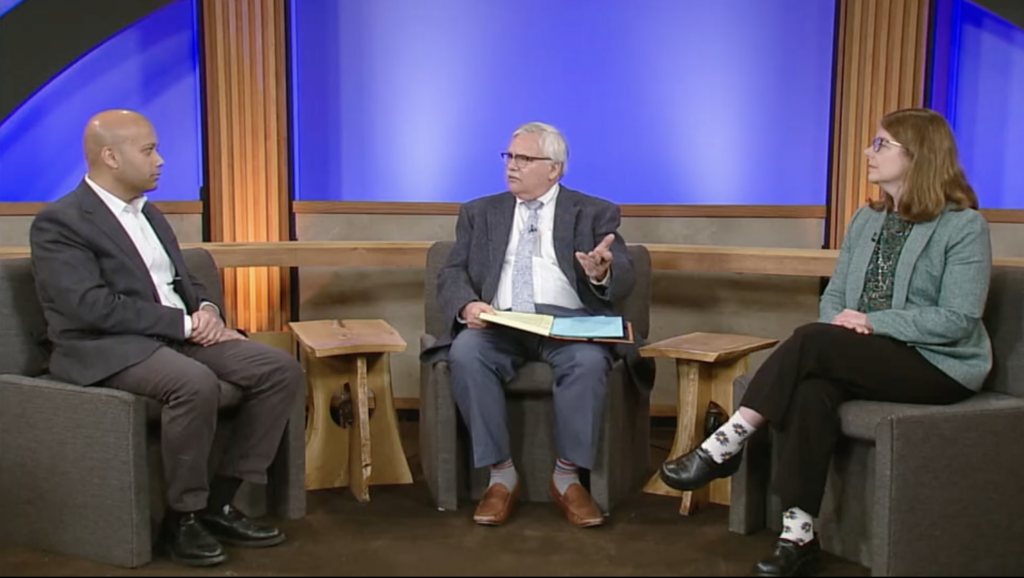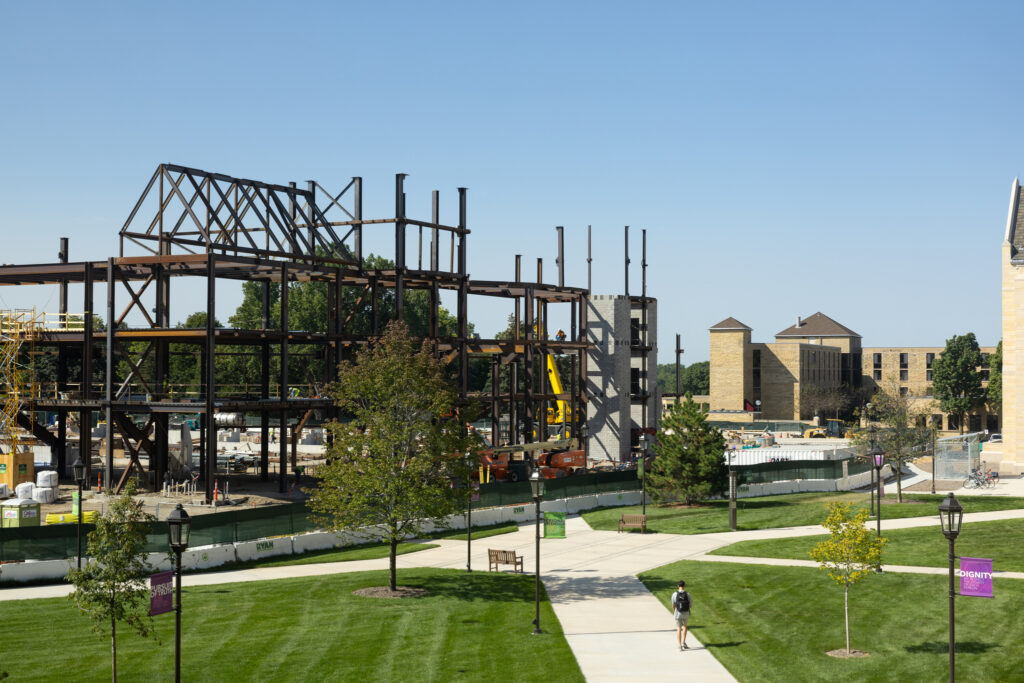Tyler Schipper, associate professor of data analytics and economics at the University of St. Thomas College of Arts and Sciences, recently spoke with Salon about how policies from Vice President Kamala Harris and Donald Trump could impact the U.S. economy, from affordable housing to tariffs and tax credits.

From the story:
After checking in with several economists and trying to peek beyond the talking points, I’ve realized that three main elements are critical when comparing platforms. Everything is connected.
Tyler Schipper, associate professor of data analytics and economics at University of St. Thomas University in St. Paul, Minnesota, uses housing as an example of this. “One of the big places where we could improve on that is with respect to affordable housing,” he said. “There is a ton of research out there that says that if you can get housing right, people are better able to engage with the labor market, they are less likely to have mental health problems. They are less likely to have problems with addiction, and so you solve – or at least make progress – on lots of other issues that our country faces.”
Another example: The cost of borrowing money affects nearly everyone, and that’s determined by interest rates. Schipper explained that with lower interest rates (set by the Federal Reserve, not the president), mortgage rates decline. But as more people take advantage of lower rates, the housing market tightens and prices rise. “If mortgage rates fall, there are other things that happen before people just have more money in their pockets,” he said. “I wouldn’t expect there’s going to be a big surge in inflation … I think that’s something the Federal Reserve is taking into account when they slowly take their foot off the brakes,” Schipper said.







